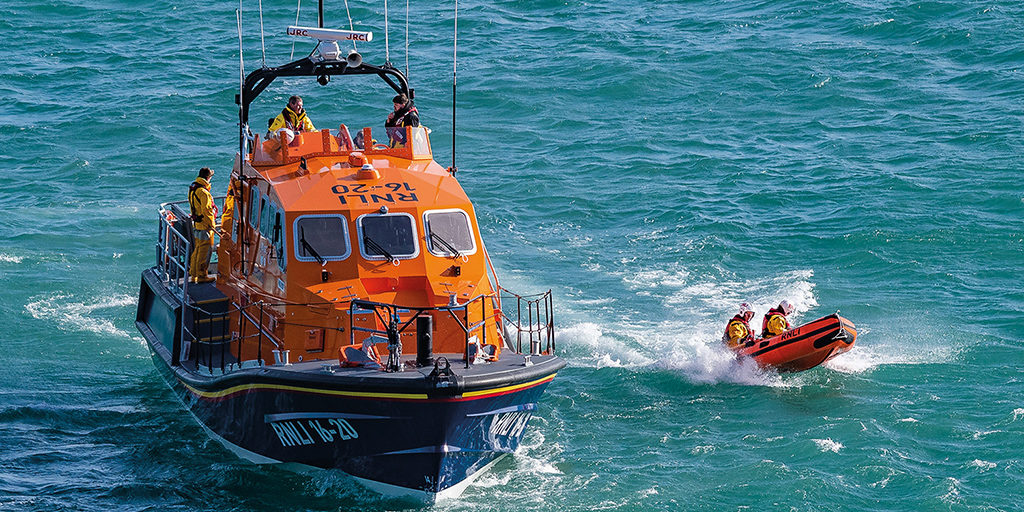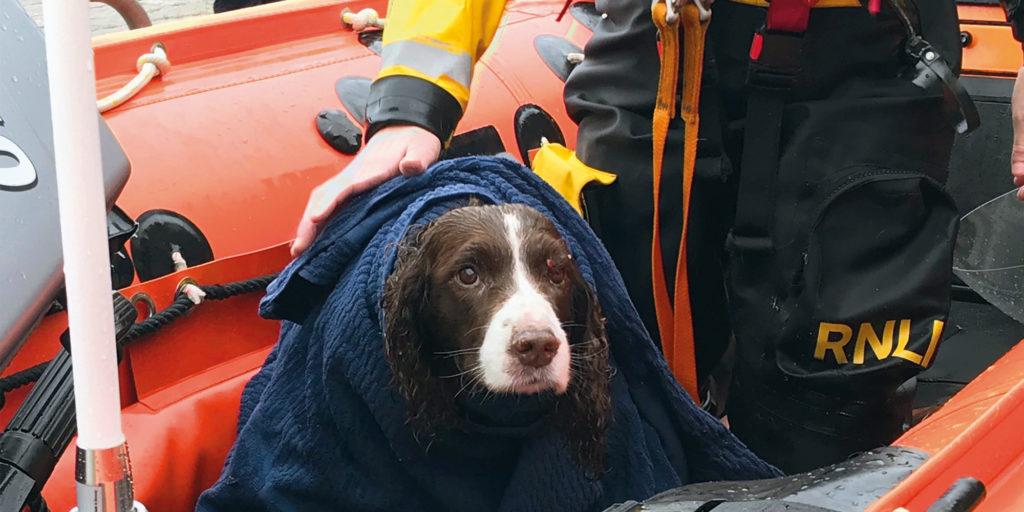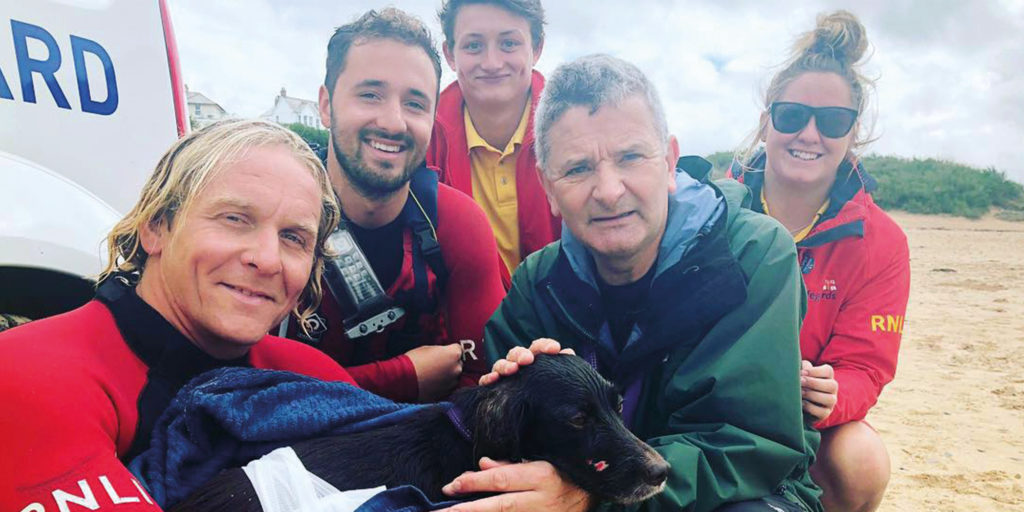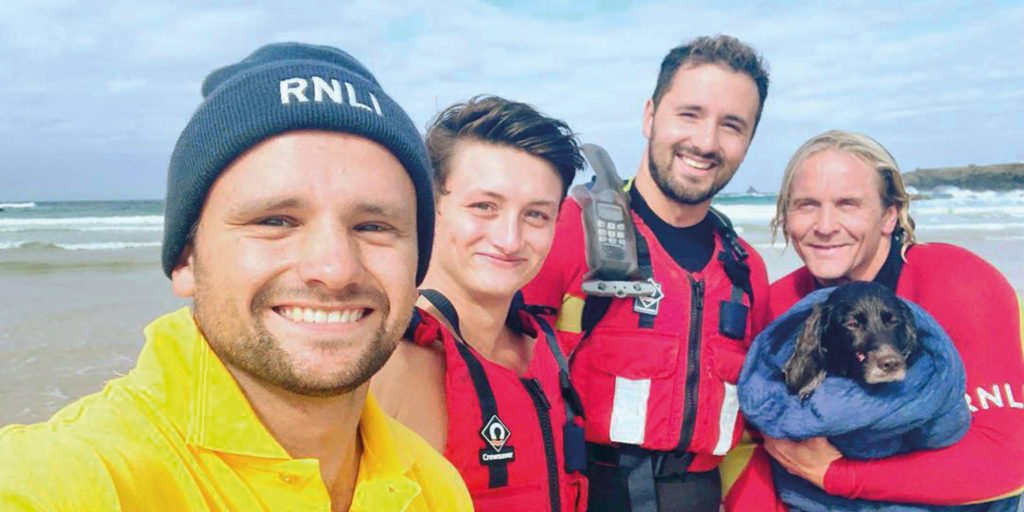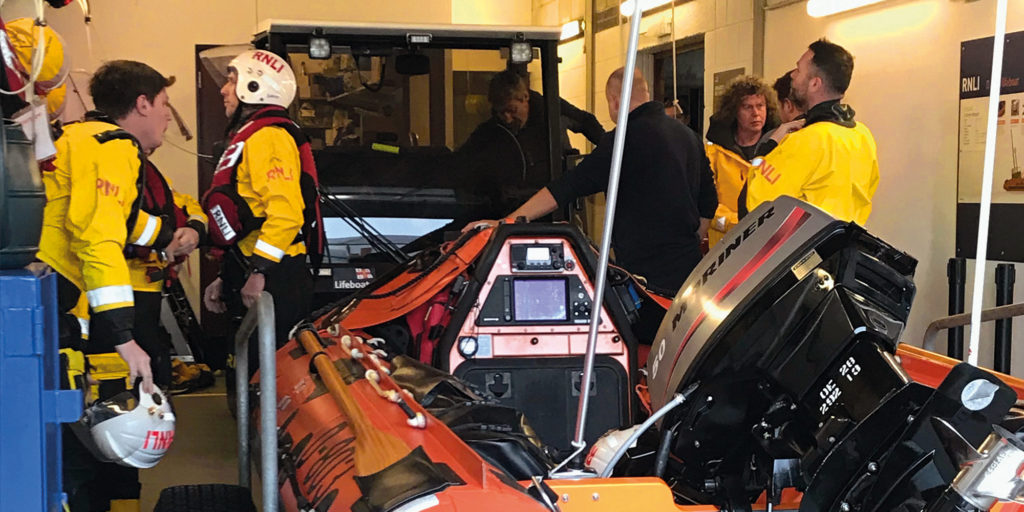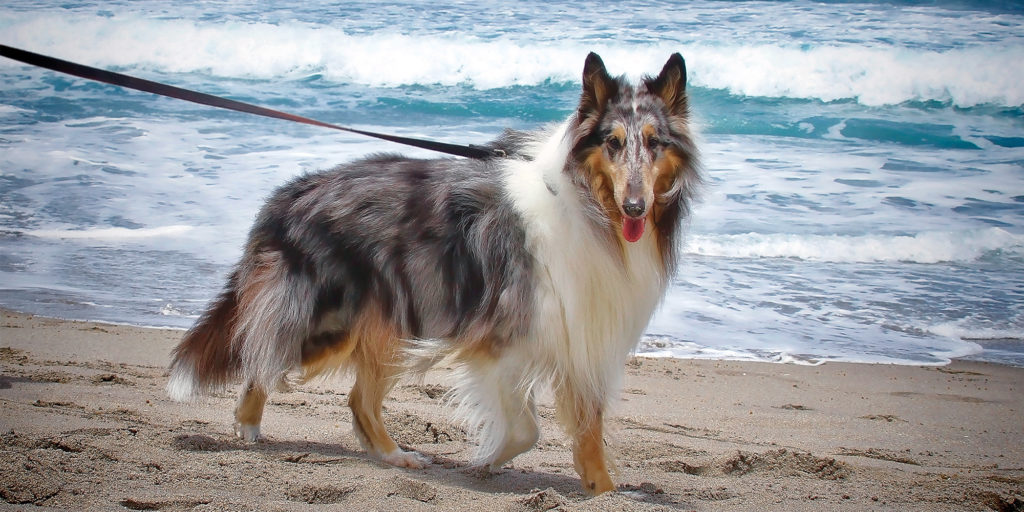

Launching to save lives
We talk to Daniel Atkinson, the current coxswain of the Lizard RNLI lifeboat, to discover more about the part he plays in keeping the Cornish coast safe.
A fleet of over 400 RNLI lifeboats across the UK and Ireland are poised to answer one of the thousands of rescues they receive each year. Relying on donations and funding, the RNLI provides an essential service around the coast of Cornwall. The Lizard RNLI lifeboat station at Kilcobben Cove sits an impressive 45 meters above the water. Its steep ramp is where Rose, the station’s Tamar class all-weather lifeboat launches on each rescue, braving the ocean and the elements to save lives at sea.
Can you tell us about your background and how you became involved in the RNLI?
I began as an RNLI volunteer in Fowey. I was training to be a plumber at the time. I had no experience of boats at the time but wanted to give something back to the community.
What was your first role on the lifeboat and how did you progress?
I started as a volunteer on the inshore lifeboat before becoming a crew member on the all-weather lifeboat. I then trained to become a mechanic before taking up my first full-time position in Humber where I spent seven years in this very unique location. I joined the Lizard lifeboat as mechanic in 2009, becoming coxswain in 2020. There is a lot of specialist training involved, some of which is undertaken at the RNLI’s purpose-built college at Poole.
How many crew members are there at the Lizard and what are their roles?
There are two full-time members, myself and mechanic Ed, 24 boat crew and ten shore crew. A number of our crew are trained as emergency medical technicians and we also have a doctor, Dr Christopher Cuff who volunteers in an advisory role.
Can you talk us through what is involved in a ’shout’?
The coastguard will contact the lifeboat station’s Deputy Launch Authority (DLA). If a launch is agreed, the coastguard will then page myself, Ed and the crew. Volunteers will drop everything – work, family, friends – to run to the rescue and I will then pick the crew of seven depending on the type of rescue involved. We can launch at all tides, and most weathers.
What does working for the RNLI mean to you?
It is a fantastic organisation, and my colleagues have become an extension of my own family. You can volunteer for the RNLI in many different ways, not just as boat crew; without the shore crew we couldn’t launch and recover, similarly with fundraising or helping at the visitor centre. Every role is vital.
What advice would you give for residents and visitors when it comes to staying safe around our shores?
If it looks rough, it is rough and the sea doesn’t take any prisoners. Ask for local advice if you’re unsure or visit the RNLI website for advice and survival techniques.
RNLI
www.rnli.org
